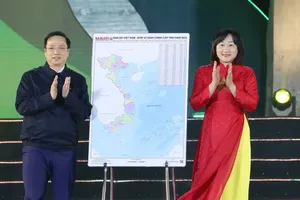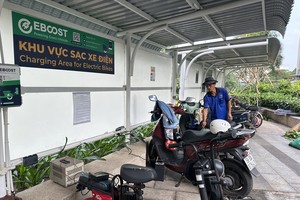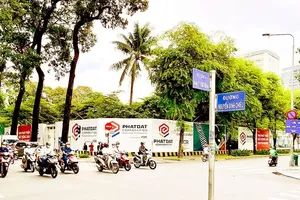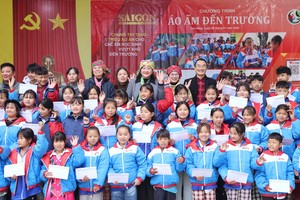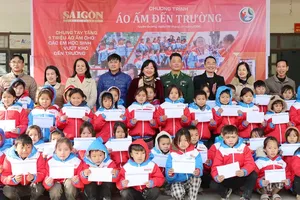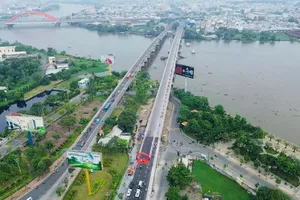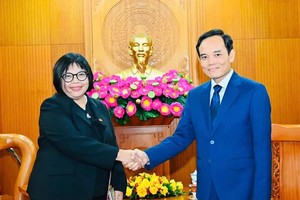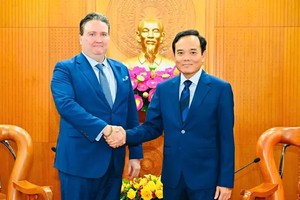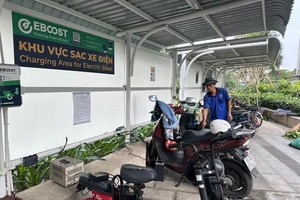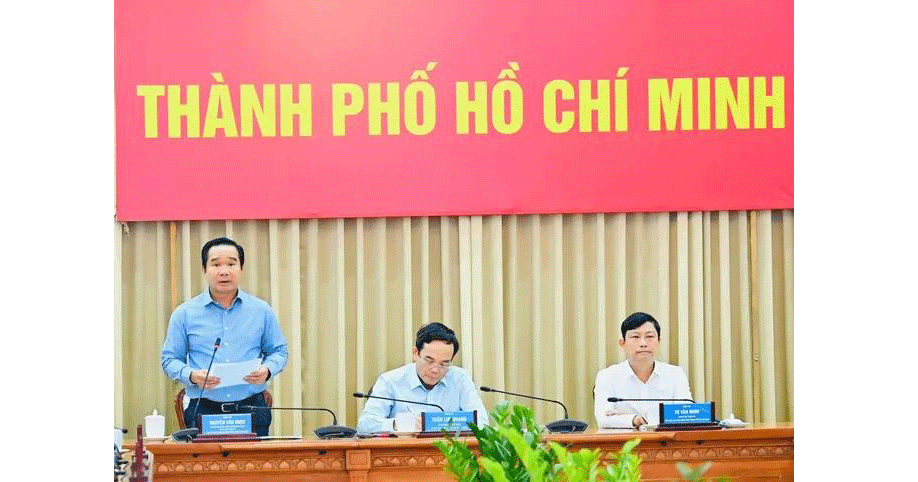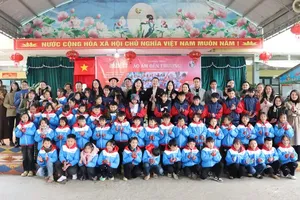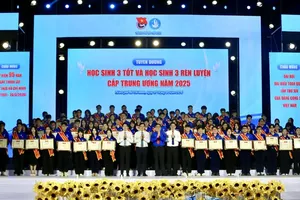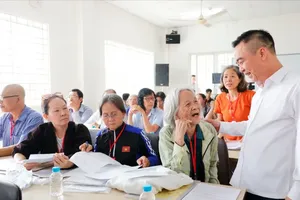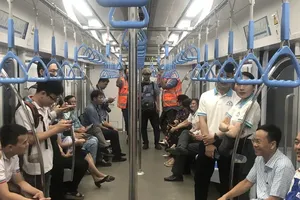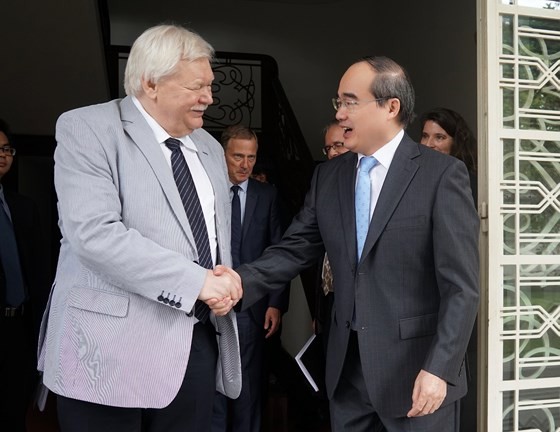
At the meeting, Mr. Nhan said that the relationship between Vietnam and Germany has maintained to be stable, showed through the exchange of high grade leader delegations with the outstanding one being the visit to Vietnam in November 2016 by the Federal Minister for Foreign Affairs and the visit to Germany in July 2017 by Prime Minister Nguyen Xuan Phuc.
Cooperation in education field has been considered as a bright spot in the two countries' relationship. A ground breaking ceremony was hosted to build the new campus of Vietnamese-German University in the southern province of Binh Duong in October 2016. The project is expected to be done in 2020.
Mr. Nhan appreciated the role of the German Rectors' Conference gathering 268 member universities accounting for 94 percent of Germany’s students. It has become the voice of universities to politics and the public.
He proposed the German Rectors' Conference to introduce some development models in Germany, especially Smart City model--one of development and comprehensive reform projects which HCMC has been pursuing.
HCMC is building a plan to link up some districts to form an innovative district and implementing its plan of taking 500 young cadres to study abroad to improve their level of ability.
Hence, Mr. Nhan hoped to continue receiving positive assistance from the German Rectors' Conference.
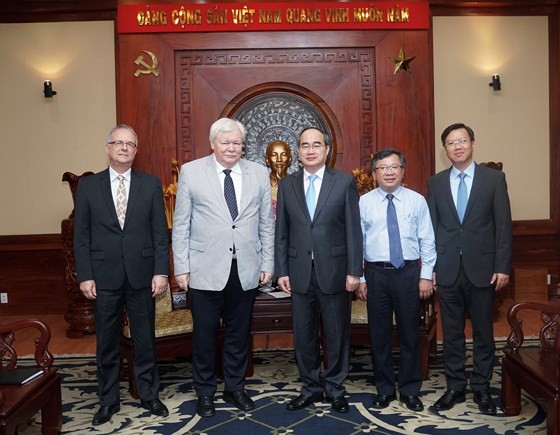 Mr. Nguyen Thien Nhan (C) poses for a picture with representatives from the German Rectors' Conference (Photo: SGGP)
Mr. Nguyen Thien Nhan (C) poses for a picture with representatives from the German Rectors' Conference (Photo: SGGP)
Mr. Horst Hippler said that despite differences in education systems between Vietnam and Germany but they have been developing according to the general trend in the world in which all university must intensify exchange and connectivity.
In the unceasing change age of science and technology, universities should not only meet two requirements of study and teaching but also set out the mission of creativeness, have a close relationship with city development, contribute in creating jobs and intensify connectivity among scientists, he said.


